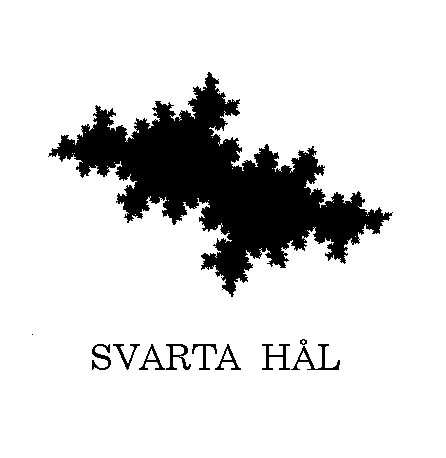Do you see that man who has just skipped out of the way of the tram?
Consider, if he had been run over, how significant every act of his
would at once become. I don't mean for the police inspector. I mean
for anybody who knew him. And his thoughts, for anybody that could
know them. It is my idea of the significance of trivial things that I want
to give the two or three unfortunate wretches who may eventually read me.
James Joyce in a letter to his brother, Stanislaus.
I look upon this as a sort of "dialectical" reaction to an all-pervading,
Catholic or thomist emphasis on logos, that Joyce must have
met with during his school-years under the protection of the Jesuit order. God is
the ultimate guarantee of words, charging them with at least a shade of his sublime
quality. And: some wage serf's life on earth is not made significant by his clandestine
thoughts - if we count in eternal life. So, Joyce's project can be understood and
justified, but still i ask myself: where do we stand today with his "idea", after almost
a century of secular-trivial erosion? Do trivial things retain any kind of significance
after being touched by e.g. the soap opera? Isn't the foundation for Joyce's dialectics
pulled aside when triviality is no longer painted on the golden ground of universals?
My own answer is in the affirmative: the whole project appears as a thing of the past
and is irrelevant today. Still, I'm not advancing an explicit counter-programme, i can't
see where the development is heading, what it will lead to in the end. To begin with i
content myself with writing an experience of some new "significance of trivial
things" off my breast with the Black Hole project.
[CP]

